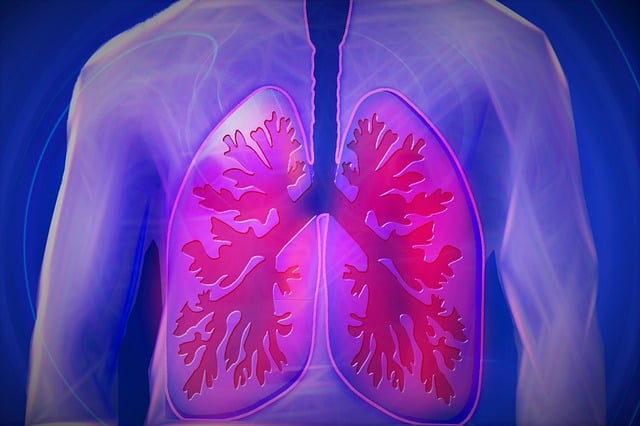Lung disease can be a scary diagnosis, but taking simple steps to reduce your risk can make a big difference.
Quitting Smoking is the Most Effective Way to Lower Your Risk of Lung Cancer
It’s a well-known fact that smoking is tremendously harmful to your overall health. Most notably, it’s directly linked to lung cancer and other lung diseases. But did you know that quitting smoking can significantly reduce your risk of developing these conditions?
By quitting, you’re taking a major step towards protecting your lungs and improving your long-term health. While it can be a challenging journey, there are plenty of resources available to help you quit for good. Whether it’s nicotine replacement therapy or counseling, taking the initiative to quit smoking is one of the best decisions you can make for your health.
Avoiding Exposure to Pollutants and Irritants
If you’re looking to reduce your risk of lung disease, one important step you can take is avoiding exposure to pollutants and irritants. This includes testing your home for radon, a naturally occurring gas that comes from the breakdown of uranium in soil and rocks.
Radon exposure is one of the leading causes of lung cancer, so it’s important to have your home tested, especially if you live in an area with high levels of radon like Longmont. By taking proactive steps like radon testing, you can help protect your lung health and breathe easier for years to come.
Regular Exercise and Maintaining a Healthy Diet Can Also Improve Lung Function
One of the best ways to reduce your risk of lung disease is through regular exercise and a healthy diet. When you exercise, your lungs work harder to provide oxygen to your body, which can strengthen them over time.
Additionally, eating nutrient-dense foods like fruits, vegetables, and lean proteins can help maintain healthy lung function. By making these lifestyle changes, you can significantly lower your chances of developing lung disease and improve your overall quality of life. So, lace up those sneakers and grab a healthy snack – your lungs will thank you!
Getting Vaccinated Against Flu and Pneumonia
Our lungs play a crucial role in the overall functioning of our body, and it’s important to take all necessary preventative measures to keep them healthy. Getting vaccinated against respiratory infections like flu and pneumonia is one such step. These infections can lead to serious lung damage and even death in certain cases, especially for people with weakened immune systems.
By getting vaccinated, you’re not only protecting yourself but also others around you who may be at higher risk of complications. Don’t wait until it’s too late – speak to your healthcare provider today about getting your flu and pneumonia vaccines. Your lungs will thank you.
Regularly Washing Your Hands to Reduce Chances of Catching Respiratory Illnesses
As the old saying goes, an ounce of prevention is worth a pound of cure. When it comes to respiratory illnesses like lung disease, taking steps to reduce your risk can pay huge dividends. One simple and effective way to do this is by washing your hands regularly. It might sound basic, but the truth is that our hands are one of the primary ways that germs and viruses spread.
By washing your hands for at least 20 seconds with soap and water, you can kill off any nasty bugs that you may have picked up throughout the day. This is especially important if you’re around others who may be sick, or if you’ve been out in public touching surfaces that could be contaminated. So if you’re serious about protecting your lungs and staying healthy, don’t underestimate the power of a good hand-washing routine.
Talk to Your Doctor About any Symptoms or Concerns
By catching potential problems early on, you can work with your healthcare provider to develop a plan to manage your condition and prevent further damage to your lungs. Whether you are a smoker or have other risk factors, staying proactive and staying in close communication with your doctor is essential for maintaining good lung health. So don’t wait – schedule a checkup today and take control of your health!
These simple strategies can make a big impact on your lung health and help you breathe easier for years to come.

